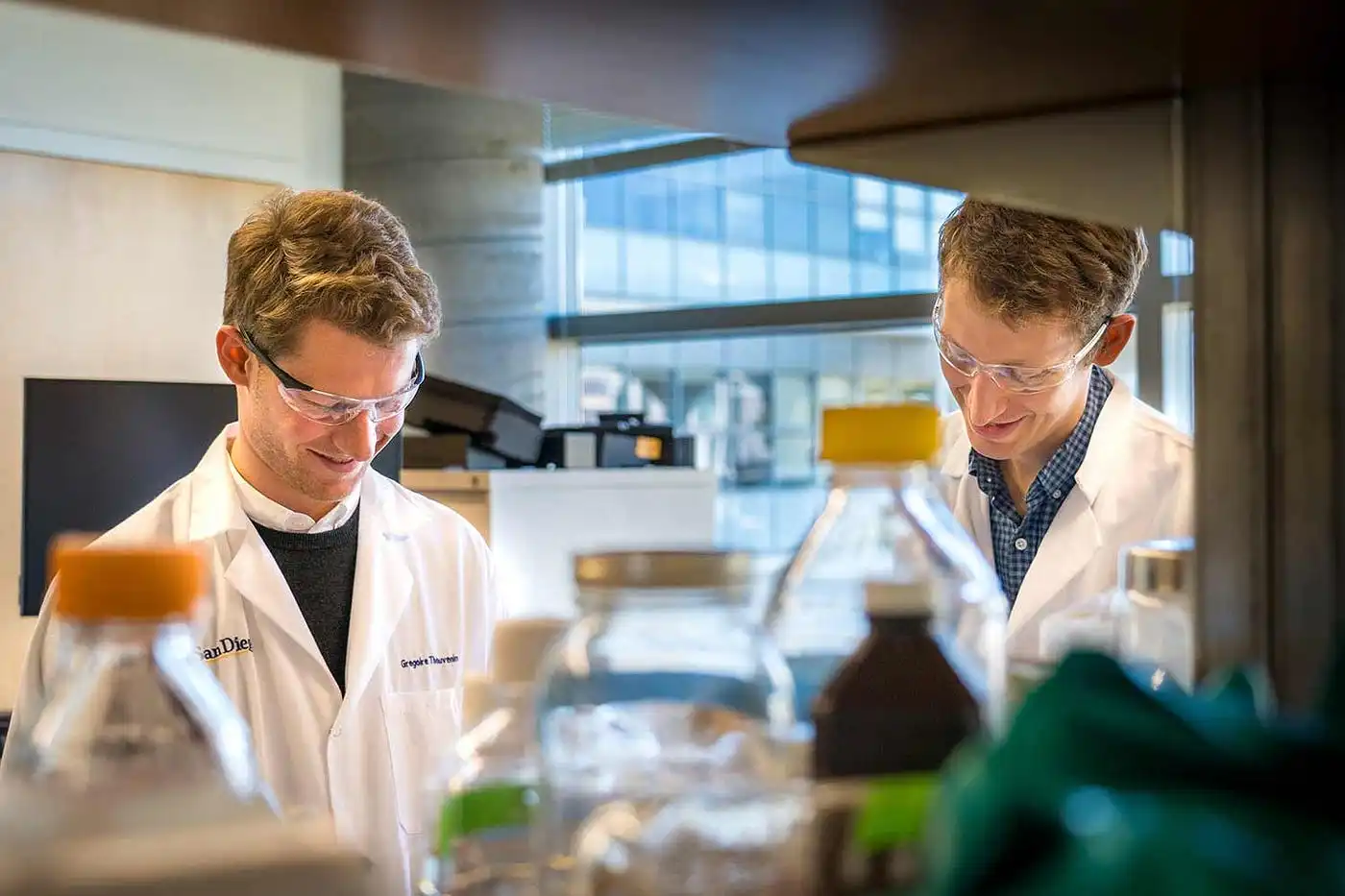
Introduction
Becoming a scientist is a journey that involves passion, dedication, and a thirst for knowledge. Science is not just a subject; it’s a way of thinking, exploring, and understanding the world around us. Whether you dream of making groundbreaking discoveries or contributing to the betterment of society, the path to becoming a scientist is both challenging and rewarding.
Education and Qualifications
To embark on a career in science, obtaining a relevant degree is essential. Whether it’s physics, biology, chemistry, or any other field, a strong foundation in science is crucial. Pursuing undergraduate studies in a specific scientific discipline lays the groundwork for further specialization.
Developing Skills
In addition to academic qualifications, scientists need to cultivate essential skills such as critical thinking, problem-solving, and effective communication. These skills enable scientists to analyze complex data, formulate hypotheses, and communicate their findings to peers and the public.
Networking and Collaboration
Scientific progress often thrives on collaboration and networking. Joining professional organizations, attending conferences, and collaborating with peers and mentors can provide valuable opportunities for learning, sharing ideas, and forging collaborations.
Research and Publication
Conducting research and publishing papers are integral aspects of a scientist’s career. Engaging in research projects allows scientists to explore new frontiers, test hypotheses, and contribute to the body of knowledge in their field. Publishing findings in peer-reviewed journals helps establish credibility and disseminate discoveries to the scientific community.
Career Paths
Scientists can pursue diverse career paths in academia, industry, government, and nonprofit organizations. Whether it’s teaching and conducting research in academia, developing new technologies in industry, or shaping public policy, the opportunities for scientists are vast and varied.
Continuing Education and Growth
In the ever-evolving field of science, lifelong learning is essential. Staying abreast of advancements, seeking mentorship, and embracing new challenges are crucial for personal and professional growth. Mentorship plays a pivotal role in guiding aspiring scientists and helping them navigate their career paths.
Challenges and Rewards
While the journey to becoming a scientist is rewarding, it is not without its challenges. From facing obstacles in research to overcoming skepticism, scientists encounter numerous hurdles along the way. However, the thrill of making discoveries, pushing the boundaries of knowledge, and making a positive impact on society outweighs the challenges.
Conclusion
Becoming a scientist is not just about acquiring knowledge; it’s about curiosity, perseverance, and a passion for exploration. By pursuing education, developing essential skills, and fostering collaborations, aspiring scientists can embark on a fulfilling journey of discovery and innovation.
FAQs
- How long does it take to become a scientist?
- The path to becoming a scientist varies depending on individual goals and the field of study. It typically involves several years of education, practical experience, and research.
- What are the different fields of science?
- Science encompasses a wide range of disciplines, including physics, chemistry, biology, astronomy, earth sciences, and many others.
- Is it necessary to have a Ph.D. to become a scientist?
- While a Ph.D. can open doors to advanced research positions and academia, there are opportunities for scientists with bachelor’s or master’s degrees in various fields.
- How competitive is the job market for scientists?
- The job market for scientists can be competitive, especially in certain fields and industries. However, demand for skilled scientists remains strong, particularly in emerging areas of research and technology.
- Can anyone become a scientist regardless of their background?
- Science welcomes individuals from diverse backgrounds and experiences. While a strong foundation in science is essential, passion, curiosity, and determination are equally important factors in becoming a successful scientist.

Leave a Reply